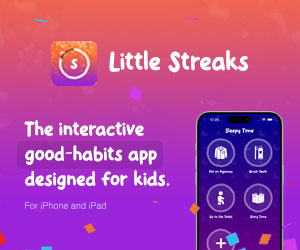"If they stop growing tomorrow they may only play the 3 or4.what would you do."
First, play the role to begin with for that season. This commitment shows a lot more about him or her as player than anything else. The fact we have bottom age/top age across rep teams means roles can change quickly anyway, so don't consign yourself to this being enduring/
Then have the player, not the parent, approach the coach and say they are keen to explore other things, and how this can fit within the role of the team. It may be garbage time, it may be a roster mix up to take advantage of certain match ups.
I always used to marvel at Shawn Kemp and Scottie Pippen. You could always tell they were short for a long time, then had massive growth spurts.
For what is, or may be, an ultimately 'short' player, there is no harm in learning how to utilise your body to resist opposition players in the post, or how to use your body for effective rebounding positioning.. just as there is always benefit to shoot and dribble.
School stuff I wouldn't be too fussed with, but if a barrier at rep level, you could argue they may have to move to find their role if it never changes, rather than accept whatever role the coach gives you.






